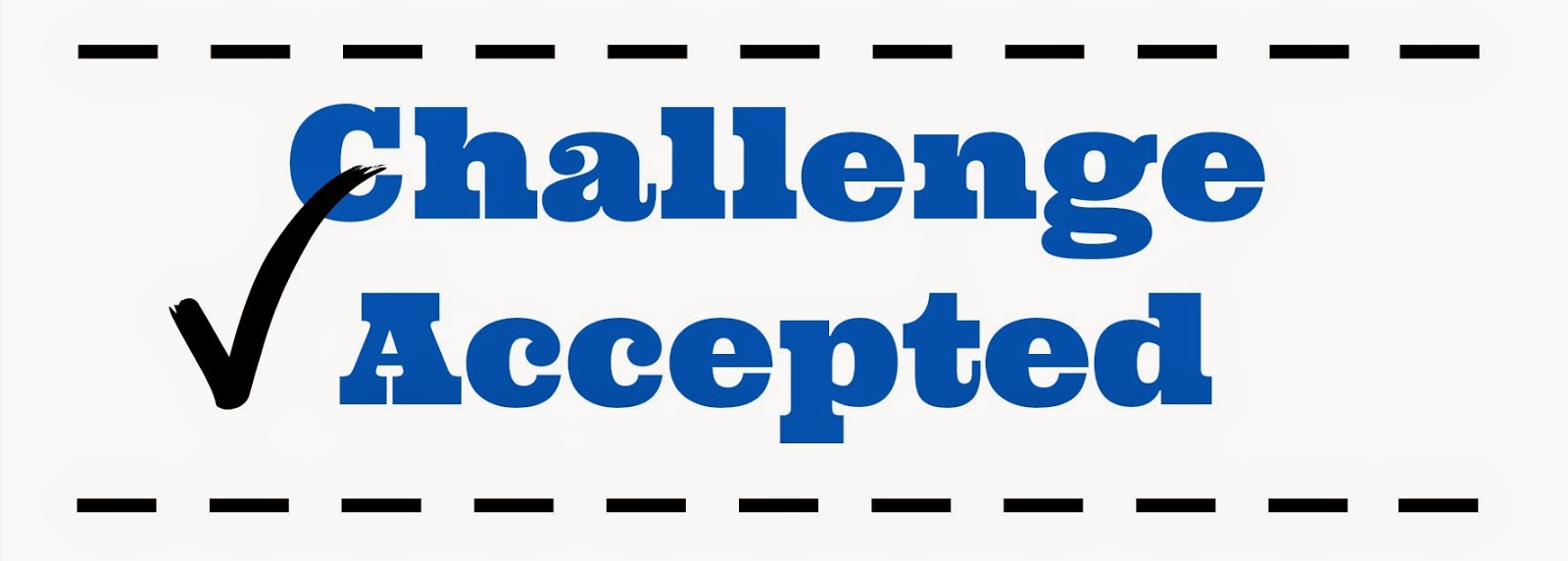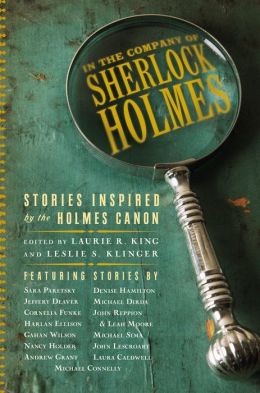Chasing the Scream, by Johann Hari: Technically I read this one in December, but it just came out this week, and I can't stand on enough rooftops to tell enough people to read this book quickly enough for my satisfaction. Hari's in-depth exploration of the history of the war on drugs and how we got to where we are today is mind-boggling, eye-opening, occasionally sickening, and downright important. He sheds light on the myriad ways that race and racism have shaped our thoughts on drugs, the surprising ways scientific studies do--and do not--support the common theories of addiction, and so. much. more. Read my full review.
The Magician's Lie, by Greer Macallister: One-sitting historical fiction, where readers are left to guess what is truth, what a lie, what is real and what is nothing more than sleight of hand. Bound to interest anyone with a passing interest in the traveling magic shows of the early 20th century, to boot. Read my full review at Shelf Awareness for Readers.
Teach a Woman to Fish, by Ritu Sharma: The indie bookstore in my new town (which is downright awesome, by the way), has a book club called "Our World: Women and Their Extraordinary Stories." You bet I signed up for that one without missing a beat, and the inaugural book pick, Teach a Woman to Fish, was not only interesting to read, but interesting to discuss with a group of smart women who know how to pick at the social issues in our country and globally.
Getting Things Done, by David Allen: This has been on my shelf for at least three years, and on my amorphous TBR list for at least twice as long as that, and I finally read it! Allen's approach to organizing your life is based on my favorite thing of all time: common sense. The book's a little outdated (Palm Pilots and Lotus Notes, anyone?), but still relevant. More thoughts on this to come, and you know I'll be rushing out to get the new edition scheduled for publication later this year.
In the Woods, by Tana French and Broken Harbour, by Tana French: I accidentally read French's Dublin Murder Squad series slightly out of order, but that hasn't diminished the intense psychological suspense in every volume. Thoughts on the full series to come later next month (as soon as I finish The Secret Place, and have nothing to do but pine for another book...), but I will say that if you're considering any of these books, they are well worth exploring on audio.
Tell the Wolves I'm Home, by Carol Rifka Burnt: A different book club in my new town had this as their January pick, and I am so grateful to have had the kick in the pants to get it read. Adored it. Loved it. Devoured it in two days. Can't say enough about it, but also can't seem the words to say anything at all about it, either.
Everything else I read this month pubs in February, March, or beyond... so stay tuned for more thoughts on Find Me, by Laura Van Den Berg (spoiler: loved it); The Bullet, by Mary Louise Kelly (talk about unexpected); I am Not a Slut, by Leora Tanenbaum (didn't love this as much as the rest of the internet did, but still thoughtful and thought-provoking); and Dorothy Parker Drank Here, by Ellen Meister.
---
So far this year, I've finished:
- Three books for the Read Harder Challenge
- Three books for the Clean Your Reader Challenge
- Two books for the Jazz Age January Challenge
- One book for the 2015 TBR Challenge
- The first two seasons of Parks & Rec (first time watcher!)
Of the 13 books I've picked up so far this year:
- 1 was a DNF
- 10 were by female authors (10!)
- 2 were by non-white authors (a mere 15%)
Other January activity (here and elsewhere):
- Giving up on resolutions in favor of focusing on One Little Word for 2015. My word of choice: Light.
- Finished #OITNB? Not sure what to read next? There's a list for that.
- Leah at Books Speak Volumes has me excited about the second volume in Sarah MacLean's Rule of Scoundrels series.
- Discovering how much I like comics, and how wrong I was about the comics community.
- I talked to Laurie King about co-editing a new volume of Sherlock-inspired short stories (which, by the way, I highly recommend).
- Shannon at River City Reading is talking about the book that transitioned you to adult reading. What's yours?
- Andi has five reasons to read The Hen Who Dreamed She Could Fly, as though the title alone wasn't enough to hook me.
- This post on Penelope Trunk on feminism in 2015 is far from perfect (what's wrong with stay-at-home dads, anyway?), but... thought-provoking. I'd love to hear what thoughts it might provoke from you all.
- Book Riot has 40 Tiny Tasks for a Richer Reading Life, and I just love everything about this.
What was the best stuff you read in January? What are you looking forward to next month?






.jpg)


















